Home>Garden Essentials>How Much Protein In Sunflower Seeds
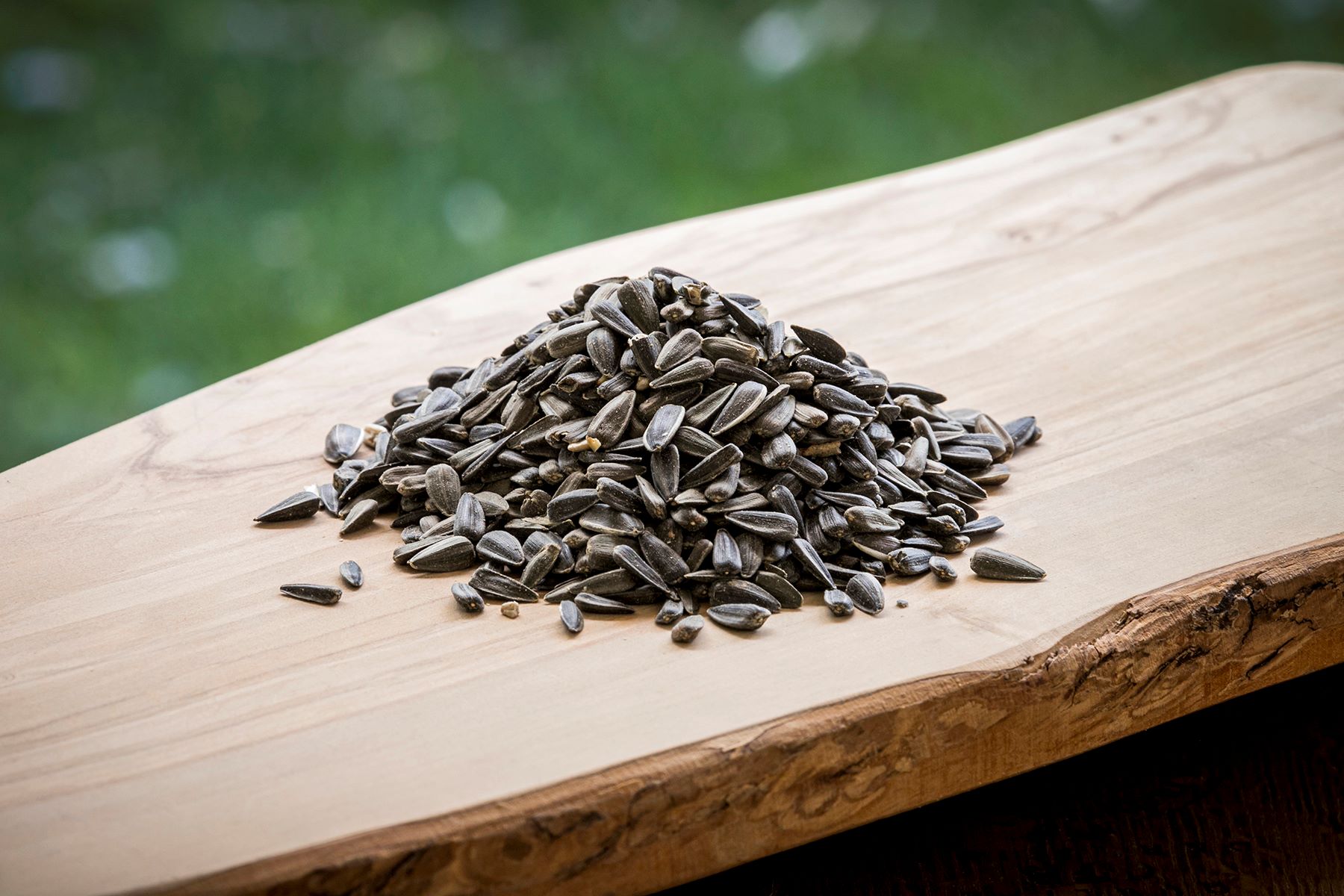

Garden Essentials
How Much Protein In Sunflower Seeds
Modified: August 16, 2024
Discover the protein content in sunflower seeds for your garden. Learn how these nutritious seeds can enhance your gardening experience.
(Many of the links in this article redirect to a specific reviewed product. Your purchase of these products through affiliate links helps to generate commission for Storables.com, at no extra cost. Learn more)
Introduction
Welcome to our comprehensive guide on the protein content in sunflower seeds. Sunflower seeds are not only a popular snack, but they also pack a nutritional punch. They are rich in various essential nutrients, including protein. Whether you’re a vegetarian, vegan, or simply looking for plant-based protein sources, sunflower seeds can be a valuable addition to your diet.
In this article, we will explore the protein content in sunflower seeds, compare them to other protein sources, discuss the health benefits associated with sunflower seed protein, and provide tips for incorporating them into your daily meals.
Before we delve into the protein content, let’s take a closer look at the overall nutritional profile of sunflower seeds. These tiny seeds are a powerhouse of nutrients, including healthy fats, vitamins, minerals, and antioxidants. They are an excellent source of vitamin E, which promotes healthy skin and immune function. Sunflower seeds also contain magnesium, selenium, and folate, which are vital for various bodily functions.
Now, let’s focus on the protein content. Sunflower seeds are considered a good source of plant-based protein, making them an excellent option for individuals who follow vegetarian or vegan diets. With approximately 5.5 grams of protein per ounce (28 grams), sunflower seeds provide a significant protein boost.
It’s important to note that the protein content in sunflower seeds is not as high as in animal-based protein sources. However, the quality of the protein in sunflower seeds is still notable. They contain all the essential amino acids, which are the building blocks of protein that our bodies need for growth and repair. This makes sunflower seed protein a valuable addition to a well-rounded diet.
Stay tuned as we explore how the protein content in sunflower seeds compares to other protein sources, and the various health benefits associated with consuming sunflower seed protein.
Key Takeaways:
- Sunflower seeds offer 5.5 grams of protein per ounce, making them a valuable plant-based protein source for vegetarians and vegans. Their complete amino acid profile supports muscle repair, immune function, and overall health.
- Incorporating sunflower seeds into your diet can be easy and delicious. From snacking to baking, these tiny seeds provide protein, healthy fats, and antioxidants, offering a nutritious boost to your meals and snacks.
Read more: How Much Are Sunflower Seeds
Nutritional Profile of Sunflower Seeds
When it comes to nutrition, sunflower seeds offer a wide array of essential nutrients that contribute to a healthy diet. They are packed with vitamins, minerals, healthy fats, and fiber. Let’s take a closer look at the nutritional profile of sunflower seeds:
- Macronutrients: Sunflower seeds are a rich source of macronutrients, including carbohydrates, proteins, and fats. A serving of one ounce (28 grams) of sunflower seeds provides around 161 calories, 14 grams of fat, 6 grams of carbohydrates, and 5.5 grams of protein.
- Vitamin E: Sunflower seeds are renowned for their high vitamin E content. Vitamin E is a powerful antioxidant that helps protect the body’s cells from damage caused by free radicals. Just one ounce of sunflower seeds provides approximately 37% of the recommended daily intake of vitamin E.
- Minerals: Sunflower seeds are a good source of various minerals, including magnesium, selenium, and copper. Magnesium plays a crucial role in maintaining healthy bones and regulating blood pressure. Selenium is important for thyroid function and acts as an antioxidant in the body. Copper is essential for the production of red blood cells and collagen synthesis.
- Fiber: Sunflower seeds are a good source of dietary fiber, which aids in digestion and helps maintain healthy cholesterol levels. One ounce of sunflower seeds provides approximately 3 grams of fiber.
- Healthy Fats: Sunflower seeds are rich in healthy fats, predominantly monounsaturated and polyunsaturated fats. These fats are known for their heart-healthy properties and can help reduce the risk of cardiovascular diseases.
Additionally, sunflower seeds contain small amounts of various other nutrients, including B vitamins such as thiamin, niacin, and folate, as well as trace minerals like zinc and iron.
It’s important to remember that the nutritional profile of sunflower seeds may vary slightly depending on the brand, preparation method, and whether or not they are roasted or raw. It’s always a good idea to check the nutrition label for accurate information.
Now that we’ve explored the nutritional profile, let’s shift our focus to the protein content of sunflower seeds and its benefits.
Protein Content in Sunflower Seeds
Sunflower seeds are an excellent source of plant-based protein. While they may not have the same protein content as animal-based sources, they can still be a valuable addition to a balanced diet, especially for those following a vegetarian or vegan lifestyle.
On average, one ounce (28 grams) of sunflower seeds contains approximately 5.5 grams of protein. This protein content can vary slightly depending on factors such as the variety of sunflower seeds, how they are processed, and the brand.
What makes sunflower seed protein noteworthy is its amino acid composition. Sunflower seeds contain all nine essential amino acids, making it a complete protein source. Essential amino acids are those that cannot be produced by the body and must be obtained through food. Having all nine essential amino acids in the right balance is crucial for maintaining good health and supporting various bodily functions.
In addition to the essential amino acids, sunflower seed protein is also rich in non-essential amino acids. Non-essential amino acids are those that the body can produce on its own.
The protein in sunflower seeds can contribute to muscle repair and growth, support the immune system, and aid in the production of enzymes and hormones. It can also provide a feeling of satiety, which can help with weight management and prevent overeating.
While the protein content in sunflower seeds is relatively modest compared to some other protein sources, incorporating them into your diet can still contribute to meeting your daily protein requirements. Pairing sunflower seeds with other plant-based protein sources, such as legumes, nuts, and whole grains, can help ensure a well-rounded protein intake.
Now, let’s explore how the protein content in sunflower seeds compares to other common protein sources.
Comparing Sunflower Seeds to Other Protein Sources
When it comes to protein sources, there is a wide variety of options available. Let’s compare the protein content in sunflower seeds to some common protein sources:
- Animal-Based Protein: Animal-based protein sources, such as chicken, beef, and fish, are known for their high protein content. For example, a 3-ounce (85-gram) serving of chicken breast provides approximately 26 grams of protein, while the same amount of beef contains around 22 grams of protein. In comparison, one ounce (28 grams) of sunflower seeds offers around 5.5 grams of protein. However, sunflower seeds provide a plant-based alternative for individuals who follow vegetarian or vegan diets.
- Legumes: Legumes, including lentils, chickpeas, and black beans, are excellent sources of plant-based protein. For instance, a cup (198 grams) of cooked lentils provides approximately 18 grams of protein, and the same quantity of cooked chickpeas offers around 15 grams of protein. Although the protein content in legumes is higher than that of sunflower seeds, combining both can create a more diverse and protein-rich diet.
- Nuts and Seeds: Like sunflower seeds, many other nuts and seeds are also good sources of plant-based protein. For example, one ounce (28 grams) of almonds contains roughly 6 grams of protein, while the same amount of chia seeds provides around 4 grams of protein. Incorporating a variety of nuts and seeds, including sunflower seeds, can help increase your protein intake diversely.
- Tofu and Tempeh: Tofu and tempeh are popular plant-based protein sources frequently consumed by vegetarians and vegans. A 3.5-ounce (100-gram) serving of tofu offers approximately 8 grams of protein, whereas the same quantity of tempeh provides around 19 grams of protein. Although tempeh has a higher protein content than sunflower seeds, both can be great options for plant-based protein.
It’s important to note that protein is not the only factor to consider when choosing protein sources. Each protein source also brings its unique combination of nutrients, flavors, and textures. Incorporating a variety of protein sources into your diet ensures a well-rounded intake of essential amino acids and other important nutrients to support overall health.
Now that we’ve compared sunflower seeds to other protein sources, let’s explore the health benefits associated with sunflower seed protein.
Sunflower seeds are a good source of protein, with about 5.5 grams of protein in a 1-ounce serving. Incorporating sunflower seeds into your diet can help you meet your daily protein needs.
Health Benefits of Sunflower Seed Protein
Sunflower seed protein offers numerous health benefits due to its nutrient composition. Let’s explore some of the benefits associated with consuming sunflower seed protein:
- Plant-Based Protein Source: Sunflower seeds provide a valuable plant-based protein source for individuals following vegetarian, vegan, or plant-based diets. Plant-based proteins can help reduce the risk of chronic diseases, including heart disease, high blood pressure, and certain types of cancer.
- Complete Protein: Sunflower seed protein is considered a complete protein as it contains all nine essential amino acids. These amino acids are necessary for muscle repair, immune function, hormone production, and overall growth and development.
- Heart-Healthy Fats: Sunflower seeds are rich in heart-healthy fats, including monounsaturated and polyunsaturated fats. These fats can help lower cholesterol levels, reduce the risk of heart disease, and improve overall cardiovascular health.
- Rich in Antioxidants: Sunflower seeds are a good source of antioxidants, including vitamin E and selenium. Antioxidants help protect the body against oxidative stress and reduce the risk of chronic diseases, such as cancer and heart disease.
- Anti-Inflammatory Properties: Some research suggests that sunflower seed protein may have anti-inflammatory properties. Chronic inflammation in the body has been linked to various health issues, including heart disease, diabetes, and certain types of cancer. Consuming sunflower seeds may help reduce inflammation and promote overall well-being.
- Weight Management: Protein-rich foods like sunflower seeds can contribute to a feeling of fullness, which may help with weight management by reducing calorie intake and preventing overeating. Including sunflower seeds as part of a balanced diet may support a healthy weight loss or maintenance plan.
It’s important to note that while sunflower seed protein offers these potential benefits, it should be consumed as part of a balanced diet. Incorporating a variety of other nutrient-dense foods, such as fruits, vegetables, whole grains, and lean proteins, is crucial for overall health and well-being.
Now that we’ve discussed the health benefits of sunflower seed protein, let’s explore potential side effects and precautions associated with consuming sunflower seeds.
Potential Side Effects of Consuming Sunflower Seed Protein
While sunflower seed protein offers numerous health benefits, it’s important to be aware of potential side effects and considerations associated with its consumption:
- Allergies: Sunflower seeds can cause allergic reactions in some individuals. If you have a known allergy to sunflower seeds or other seeds, it’s important to avoid consuming sunflower seed protein or products containing sunflower seeds.
- High Caloric Content: While sunflower seed protein provides valuable nutrients, it’s important to note that they are also calorie-dense. Consuming excessive amounts of sunflower seeds or relying solely on sunflower seed protein as a protein source may lead to an excessive calorie intake, which could contribute to weight gain if not balanced with overall energy needs.
- Fat Content: Sunflower seeds are naturally high in fat, although they primarily contain healthy fats. However, consuming excessive amounts of sunflower seeds could contribute to an overall high-fat diet if not properly balanced with other nutrient sources. It’s important to moderate portion sizes and incorporate a variety of foods to ensure a balanced diet.
- Avoid Overconsumption: While sunflower seed protein can be a valuable addition to a balanced diet, it’s important to consume them in moderation. Eating large quantities of sunflower seeds could lead to digestive issues such as bloating, gas, or diarrhea. It’s best to start with smaller portions and gradually increase intake if well-tolerated.
- Phytic Acid Content: Sunflower seeds contain phytic acid, which can bind to minerals like zinc, iron, and calcium, reducing their absorption in the body. However, this is of concern mainly for individuals who heavily rely on sunflower seed protein as their main source of nutrients. To mitigate this, you can soak or sprout sunflower seeds before consuming them to reduce the phytic acid content.
It’s important to consult with a healthcare professional or registered dietitian before making any significant changes to your diet. They can provide personalized guidance based on your individual health status, dietary needs, and potential allergies or sensitivities.
Now that we’ve discussed potential side effects and precautions, let’s move on to tips for incorporating sunflower seeds into your diet.
Tips for Incorporating Sunflower Seeds into Your Diet
Adding sunflower seeds to your diet is easy and can enhance both the taste and nutritional value of your meals. Here are some tips to help you incorporate sunflower seeds into your daily eating routine:
- Snack on Them: Enjoy sunflower seeds as a simple and nutritious snack on their own. Grab a small handful for a quick and convenient source of protein, healthy fats, and fiber.
- Top Salads and Yogurt: Sprinkle sunflower seeds on top of salads, yogurt, or smoothie bowls for an extra crunch and added protein. They can enhance the taste and texture of your dishes while providing a nutritional boost.
- Baking and Cooking: Incorporate sunflower seeds into your baking recipes by adding them to cookies, muffins, or bread. You can also toast and crush them to create a flavorful coating for fish, chicken, or tofu.
- Create Nutty Granola: Make your own homemade granola by combining oats, dried fruits, nuts, and sunflower seeds. It’s a delicious and nutrient-rich way to start your day when paired with a bowl of milk or yogurt.
- Mix into Trail Mix: Combine sunflower seeds with other nuts, dried fruits, and seeds to create your own customized trail mix. It’s a convenient and portable snack that provides a blend of protein, healthy fats, and energy for your outdoor adventures.
- Blend into Smoothies: Boost the nutritional value of your smoothies by adding a tablespoon or two of sunflower seeds. They will not only add protein but also contribute to a creamier texture.
- Make Homemade Sunflower Seed Butter: Just like peanut or almond butter, you can make your own sunflower seed butter at home. Blend roasted sunflower seeds in a food processor until smooth and creamy. Spread it on toast, use it as a dip for fruits and veggies, or incorporate it into your favorite recipes.
Remember to store sunflower seeds in an airtight container in a cool, dark place to maintain their freshness. Refrigeration can also help extend their shelf life.
By incorporating sunflower seeds into your diet with these tips, you can enjoy their unique flavor and reap the nutritional benefits they offer.
Now that we have covered various tips for incorporating sunflower seeds into your diet, let’s conclude our comprehensive guide on the protein content in sunflower seeds.
Conclusion
Sunflower seeds are not only a delicious snack but also a valuable source of plant-based protein. While they may not have the same protein content as animal-based sources, their protein quality, combined with their overall nutritional profile, makes them a valuable addition to a well-rounded diet.
In this guide, we explored the protein content in sunflower seeds, comparing it to other protein sources. We learned that one ounce of sunflower seeds provides approximately 5.5 grams of protein, along with various essential nutrients.
Additionally, we discussed the health benefits associated with consuming sunflower seed protein. These benefits include being a plant-based protein source, providing all essential amino acids, containing heart-healthy fats, offering antioxidants, and potentially possessing anti-inflammatory properties. However, it’s important to be mindful of potential allergies, calorie and fat content, and the need for moderation in consumption.
To incorporate sunflower seeds into your diet, we provided tips such as enjoying them as a snack, adding them to salads and yogurt, incorporating them into baking and cooking, creating nutty granola, mixing them into trail mix, blending them into smoothies, and even making homemade sunflower seed butter.
Remember, as with any dietary change, it’s always best to consult with a healthcare professional or registered dietitian to ensure it aligns with your specific needs and goals.
Whether you’re looking to boost your protein intake, follow a vegetarian or vegan diet, or simply enjoy a nutritious and flavorful snack, sunflower seeds can be a fantastic option. So grab a handful of these tiny seeds and start reaping their nutritional benefits today!
Frequently Asked Questions about How Much Protein In Sunflower Seeds
Was this page helpful?
At Storables.com, we guarantee accurate and reliable information. Our content, validated by Expert Board Contributors, is crafted following stringent Editorial Policies. We're committed to providing you with well-researched, expert-backed insights for all your informational needs.
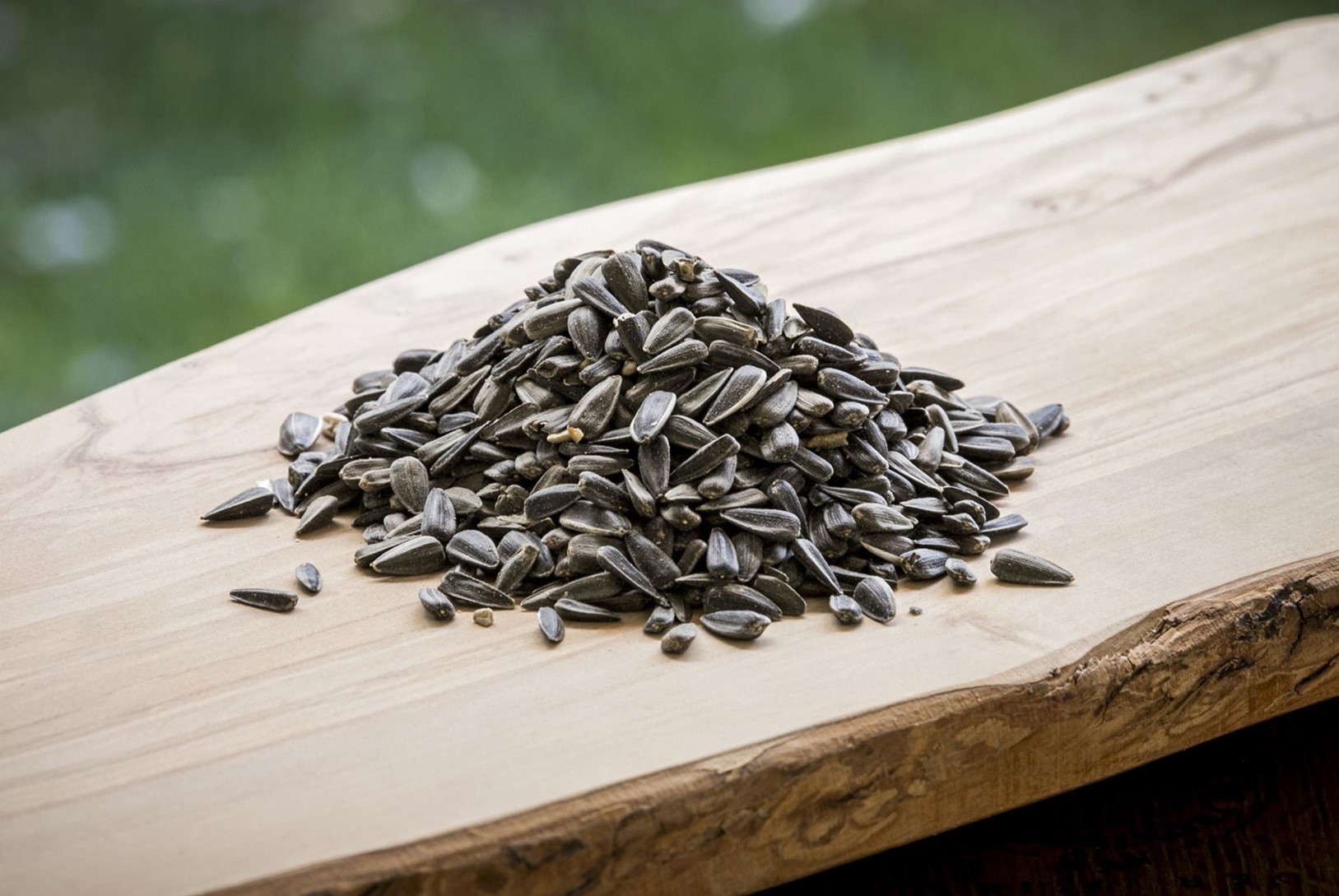
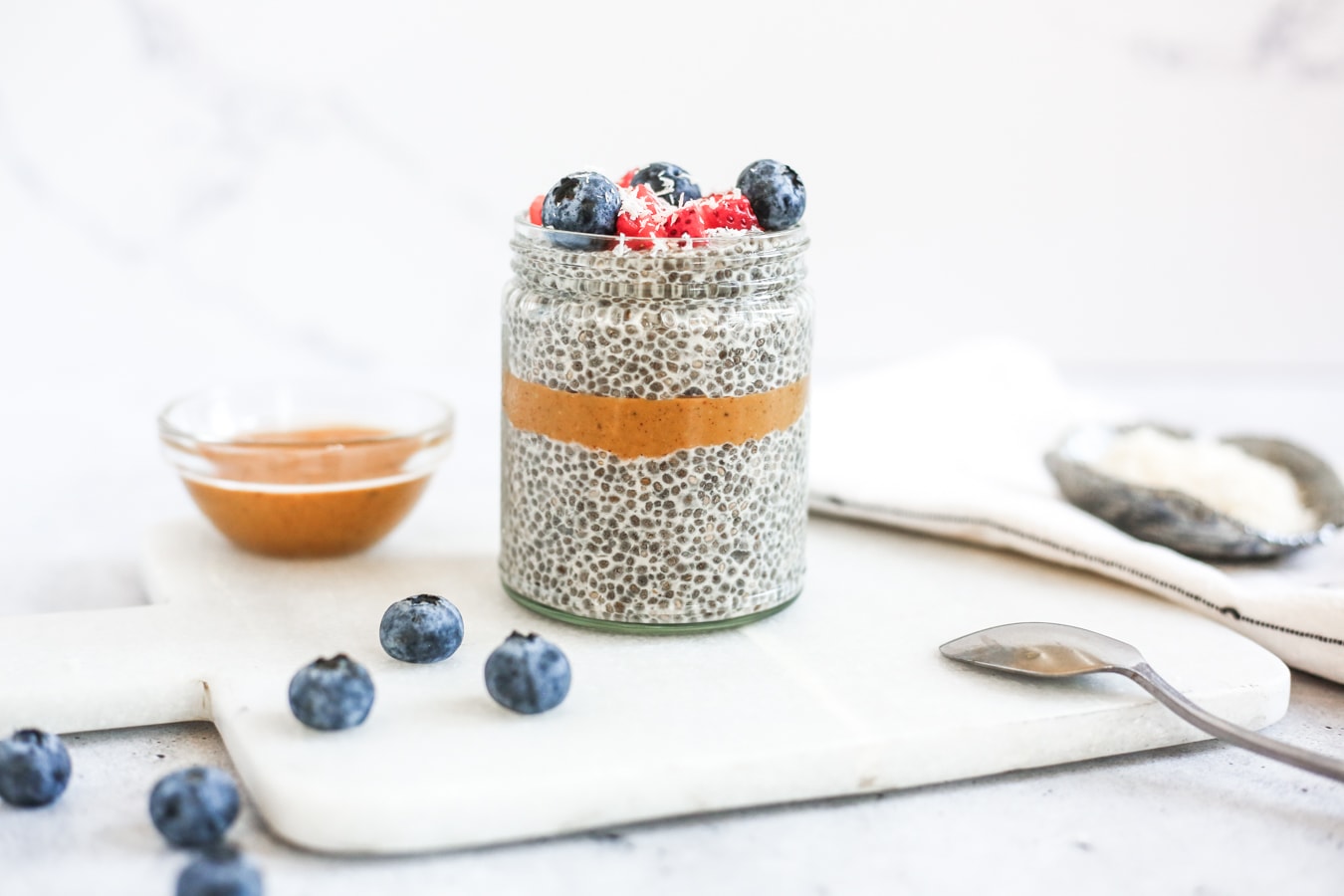
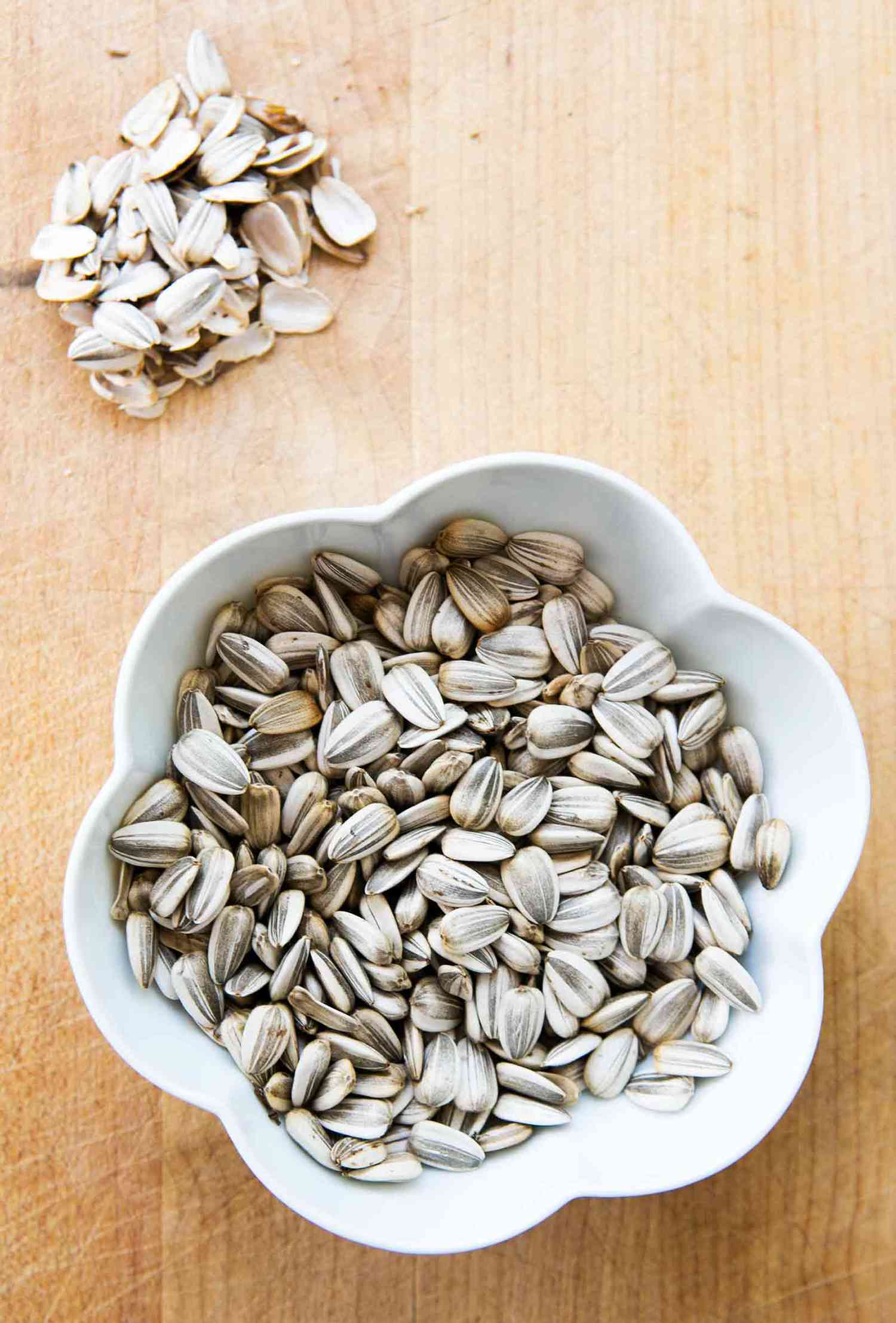
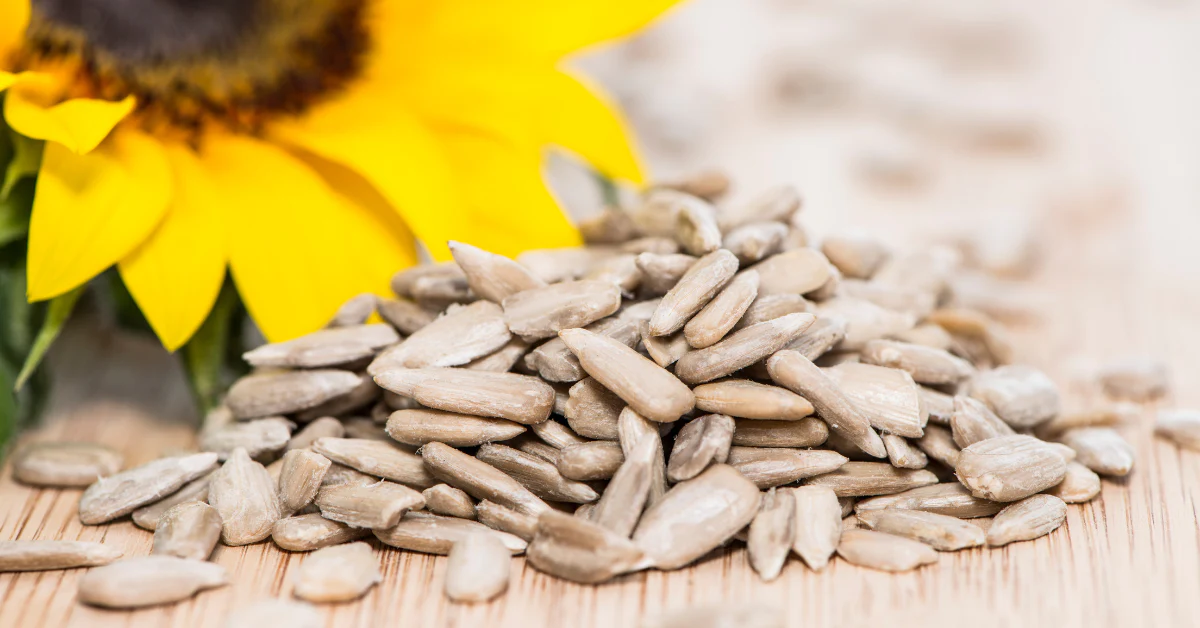
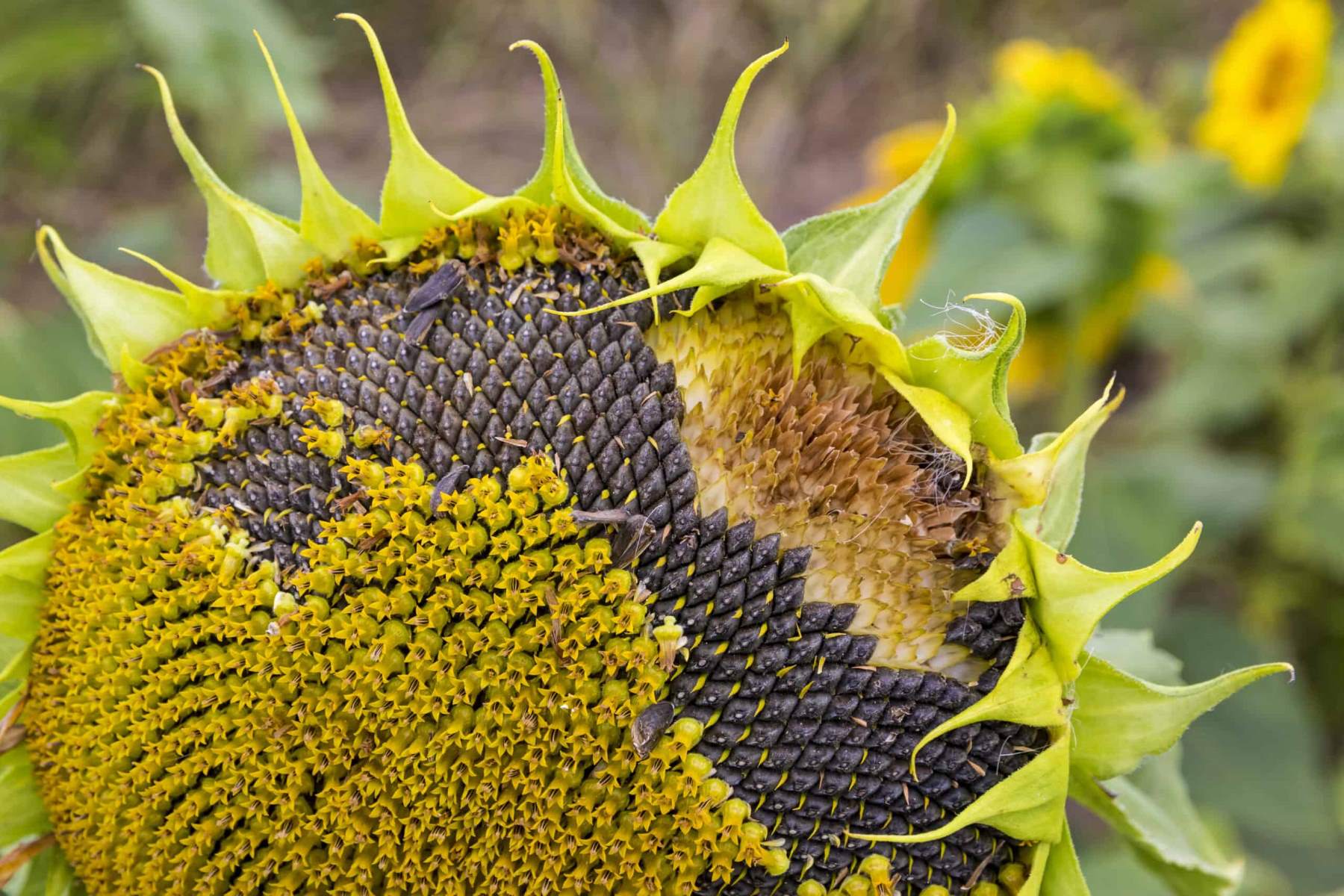
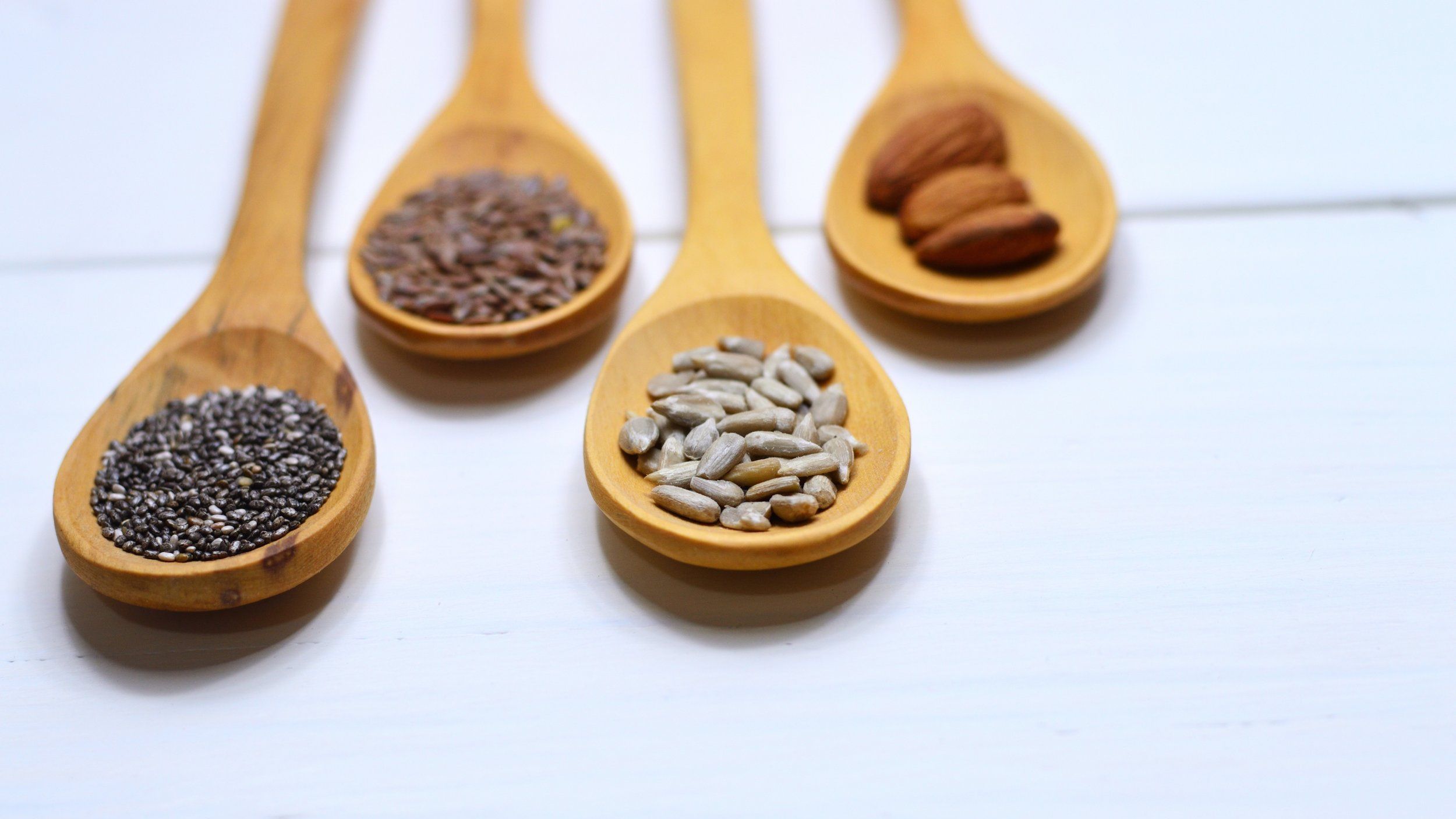
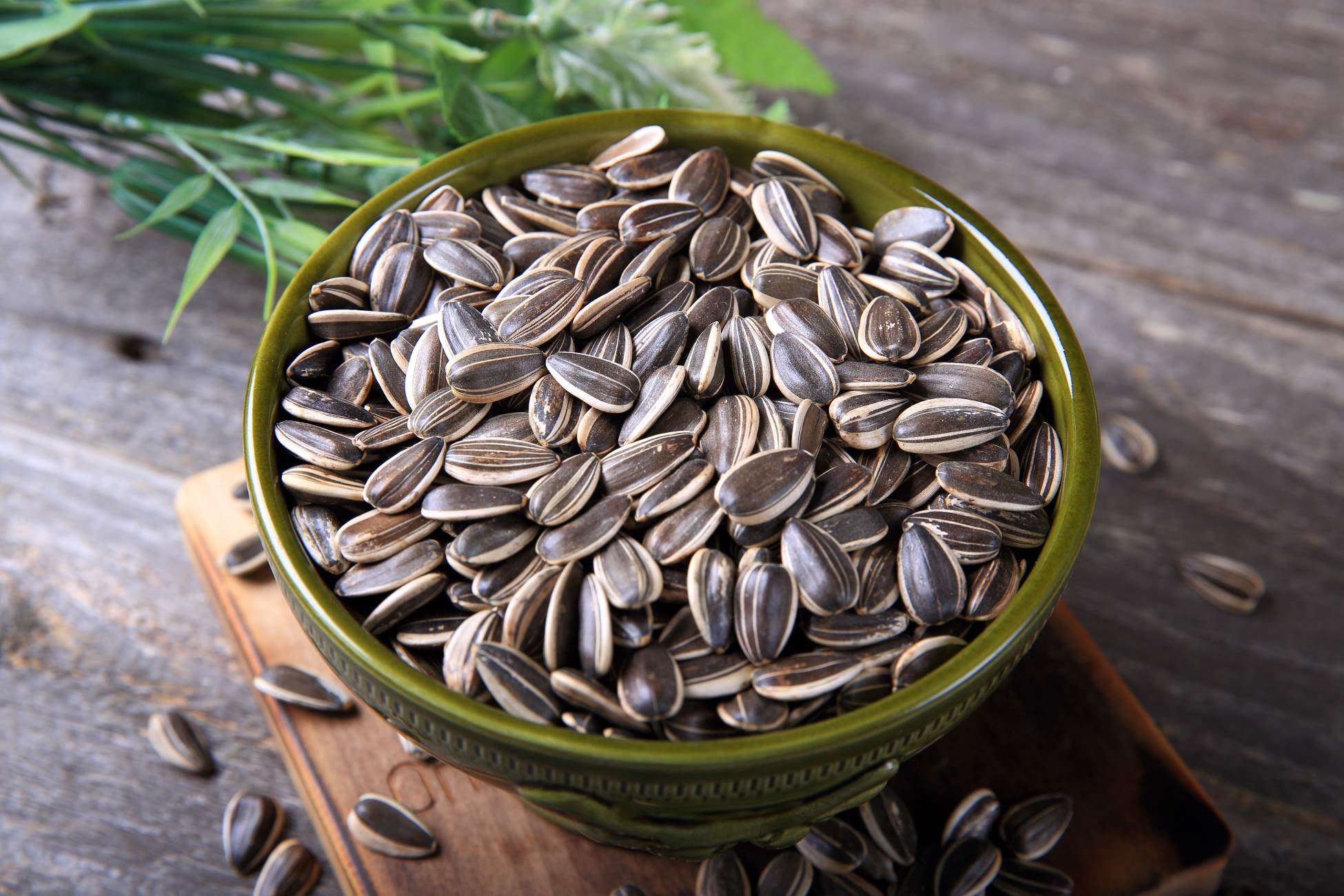
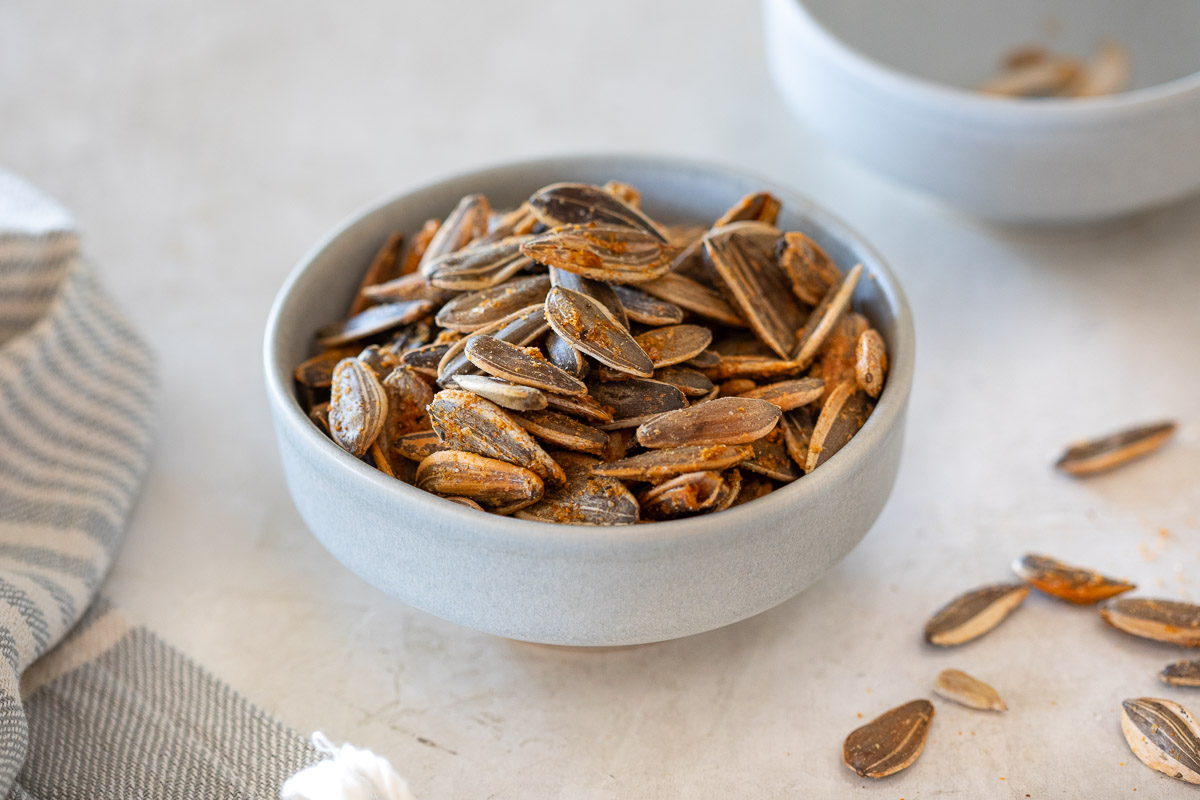
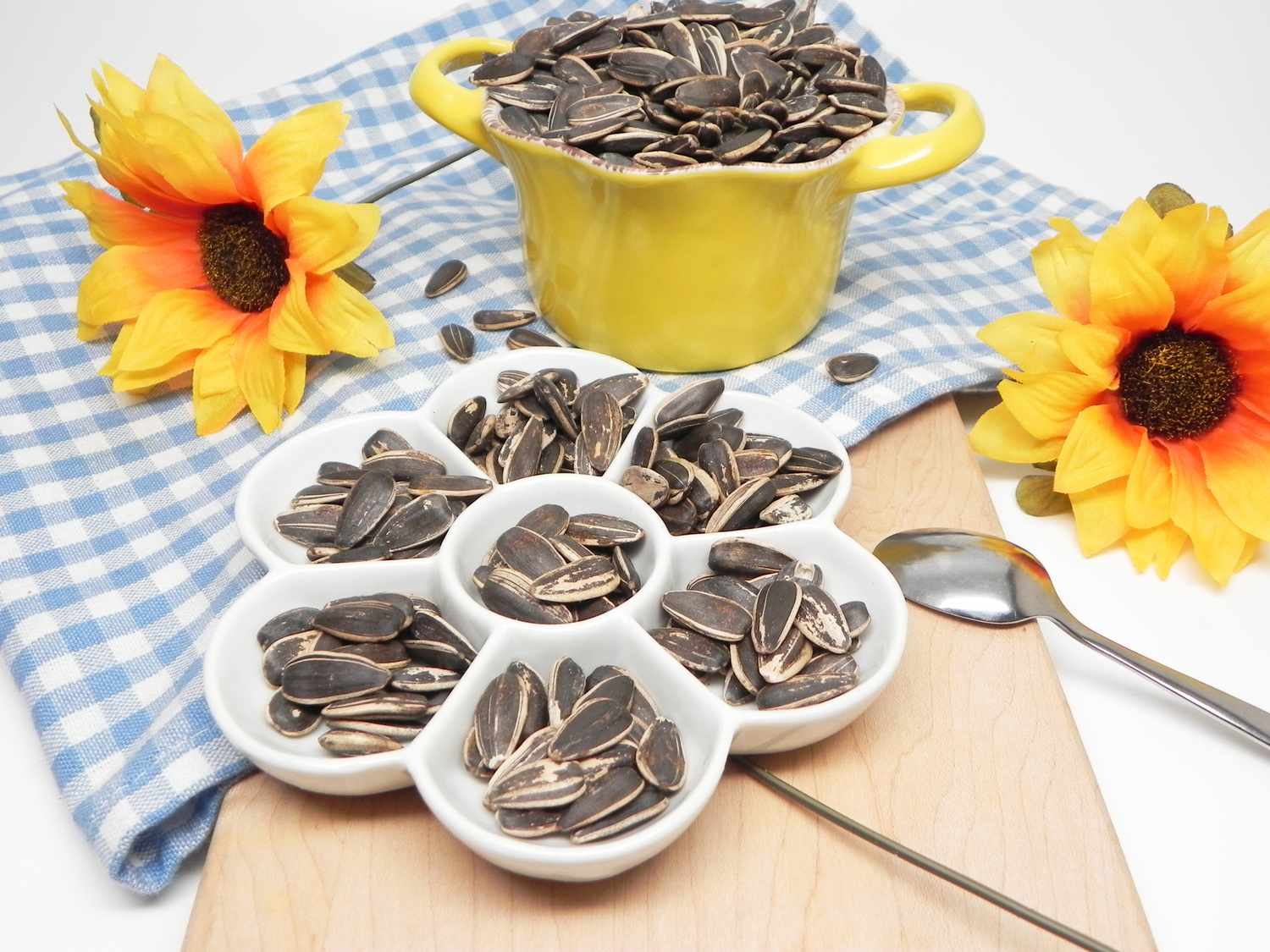
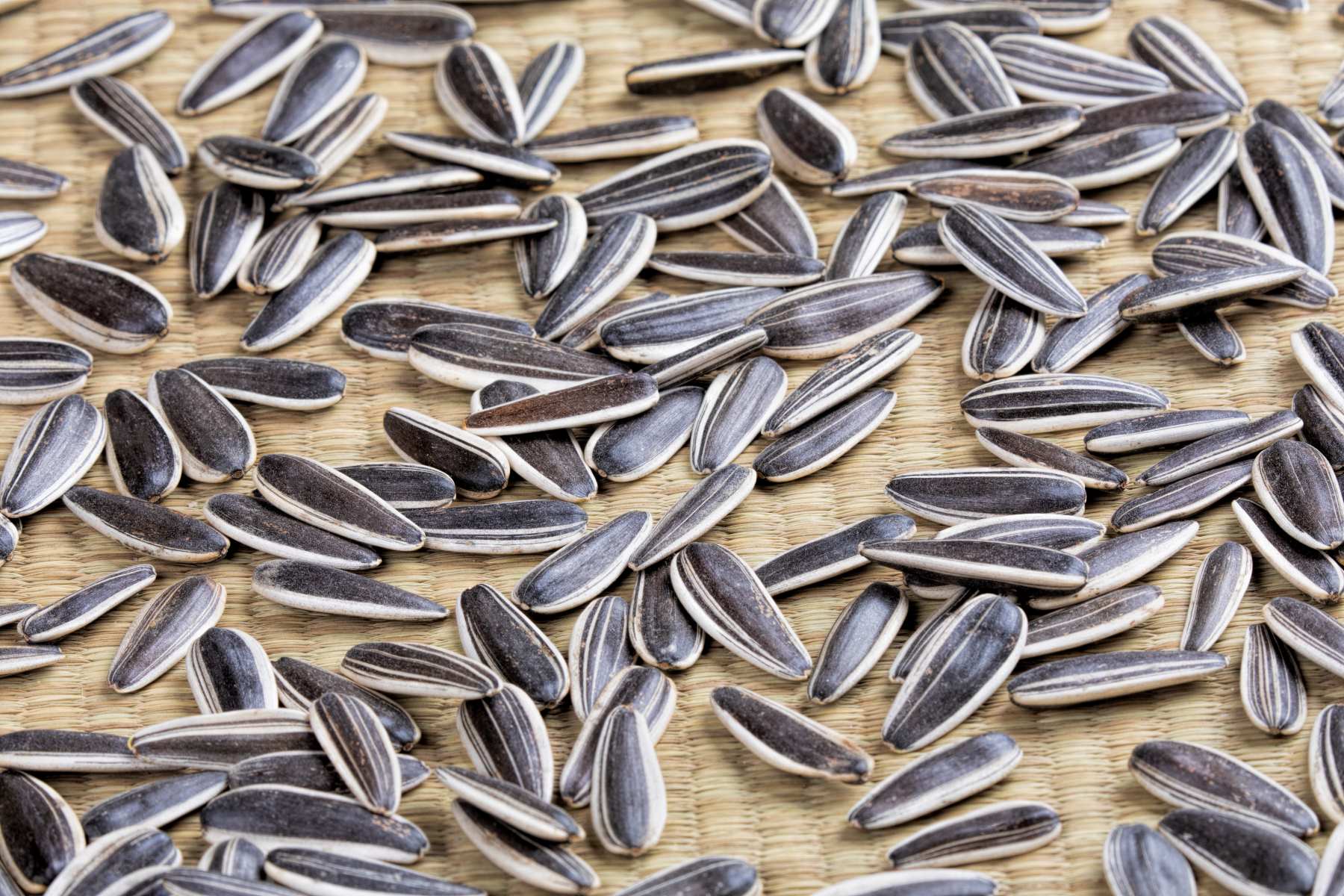
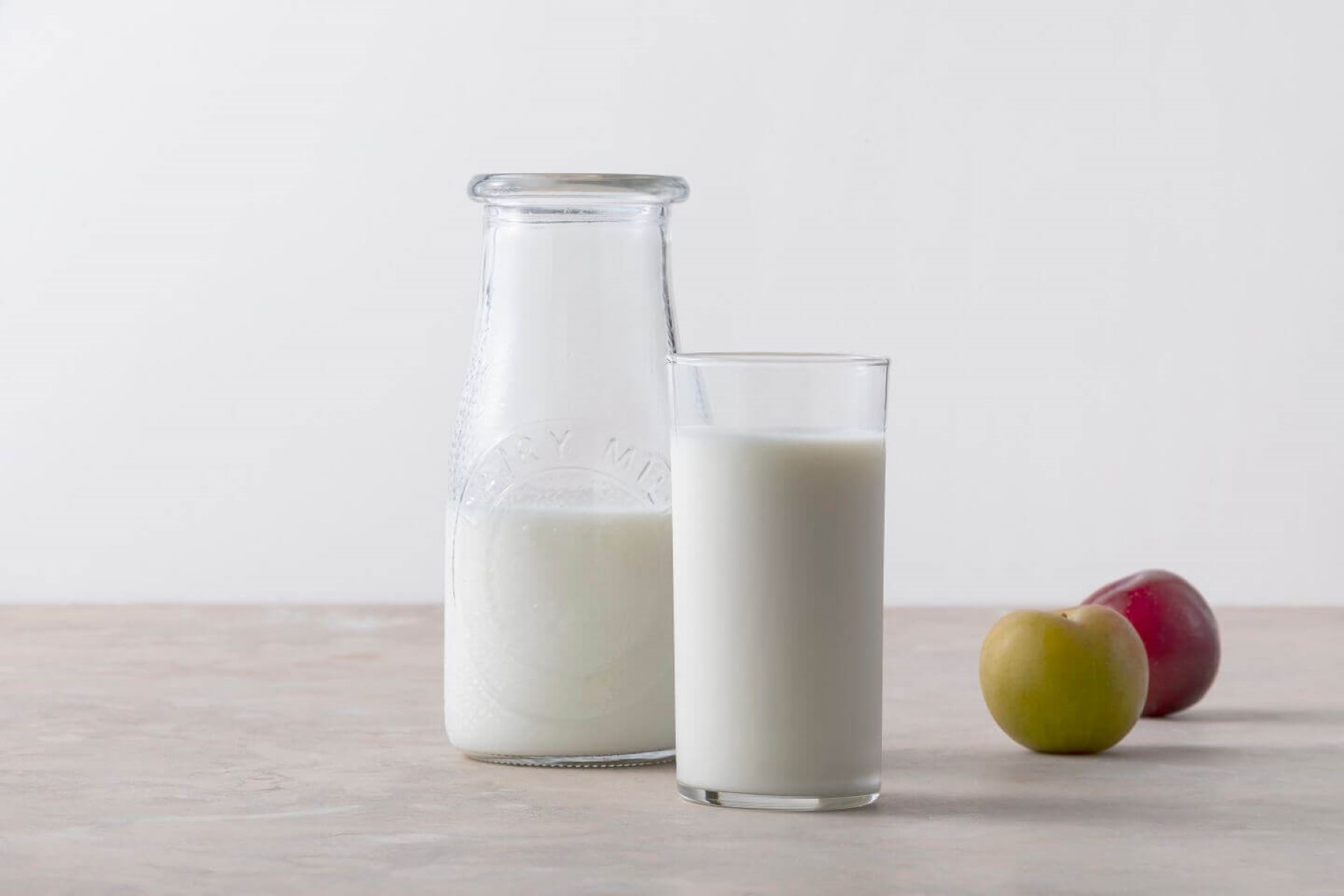
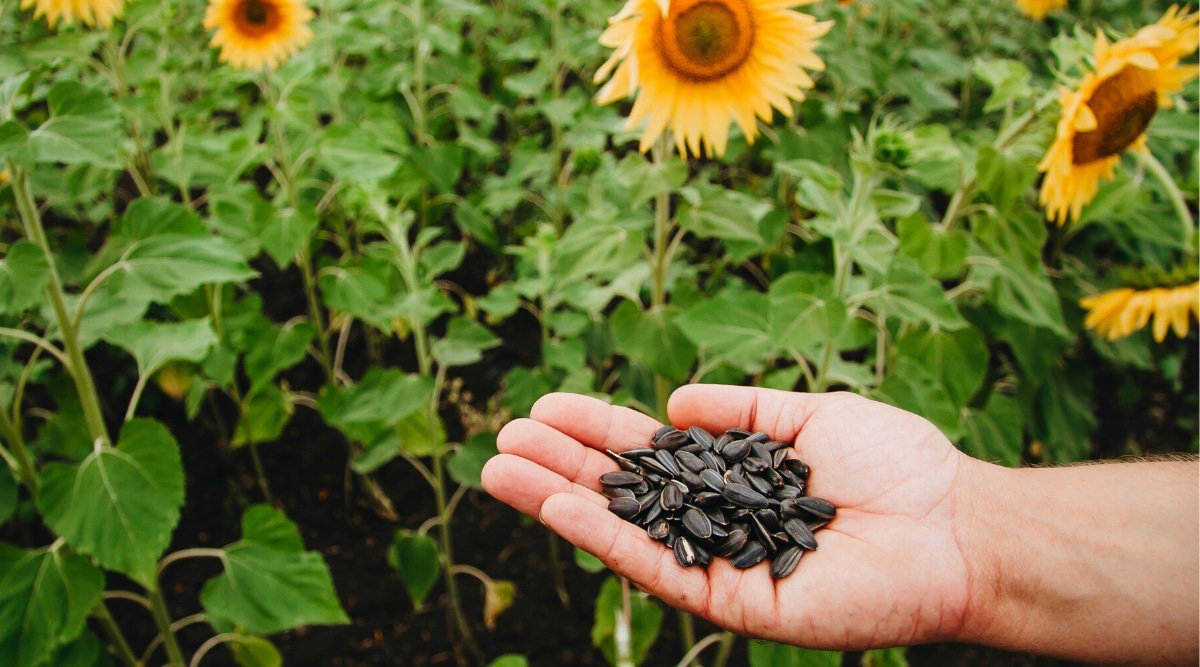

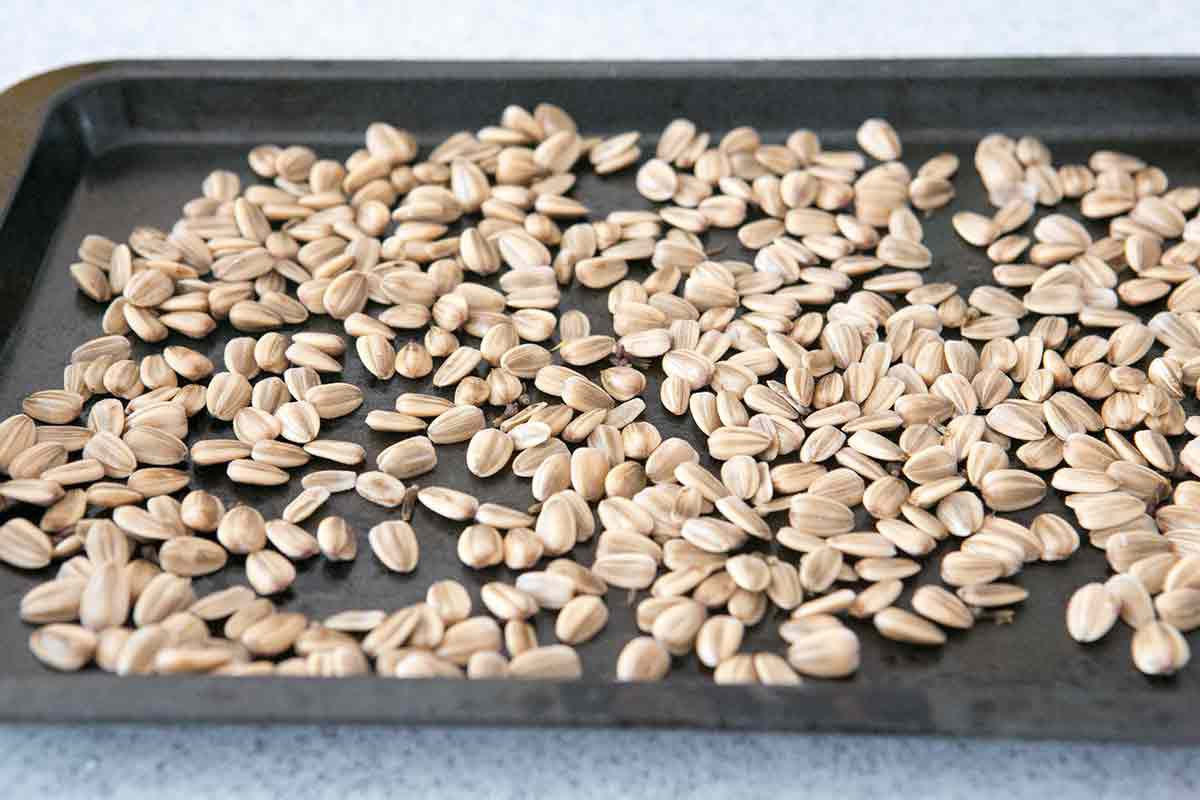

0 thoughts on “How Much Protein In Sunflower Seeds”